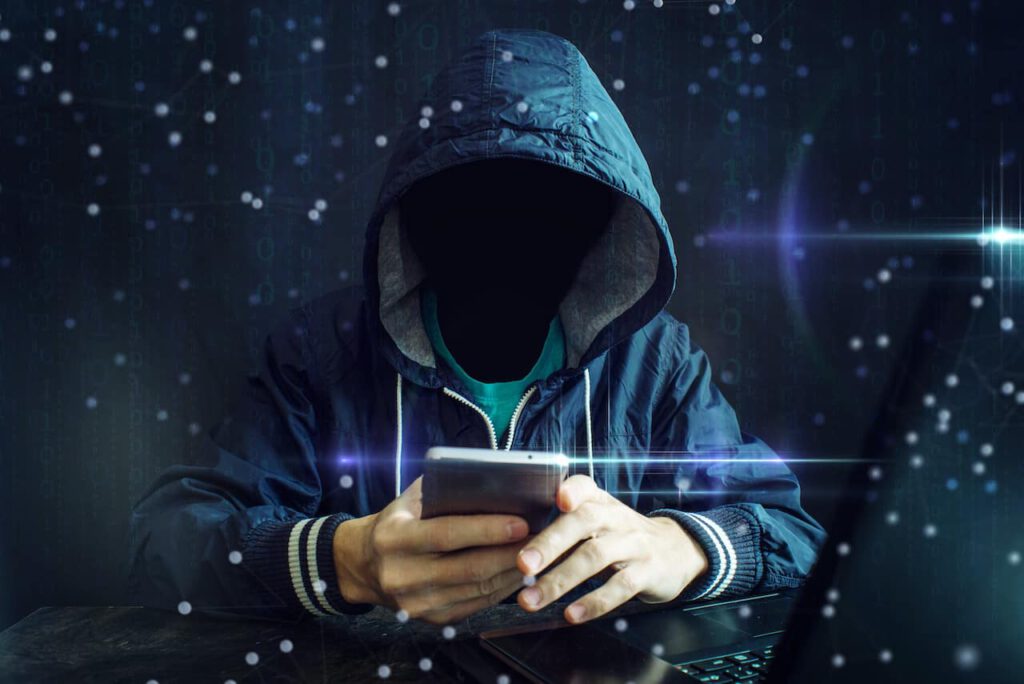As the coronavirus has changed daily life for populations worldwide, it has brought out the best in many people who have banded together (while remaining physically separated) to give aid and support. However, unfortunately, some others have used the current crisis to take advantage of the scared and vulnerable through scams capitalizing on coronavirus panic.
We’ve compiled a list of some of the most common circulating COVID-19 scams that you should watch out for.
Fake Cures and Vaccines
There have been thousands of coronavirus scams that have hit the web since US outbreaks began weeks ago, including purported cures and vaccines.
Many malicious websites have been created to sell these so-called cures to take advantage of people’s desperation. One cybersecurity company reports seeing over 59,700 examples of websites that have been maliciously created to take money from the desperate and vulnerable, including 44 claiming to have a COVID-19 cure.
The FTC and WHO have stated that there is currently no cure or vaccine for COVID-19. Although many organizations are working around the clock to find potential treatments, there is still no vaccine available to the public, and any reports of proven cures or vaccines are untrue and potentially harmful.
In gross cases of medical malpractice, there have even been several doctors around the country who have sold “miracle cures” claiming to cure COVID-19. But as we’ve seen from the spread of misinformation, when it comes to the coronavirus, you should only trust medical information given directly from public health officials and your qualified personal healthcare provider. If you hear something that sounds fishy or too good to be true, fact-check using official government websites.
Fake Coronavirus Tests
There has also been an increasing number of websites popping up offering at-home testing kits, some charging up to $250 per test.
Until recently, there were no at-home testing kits that were proved to work, and none approved by the government. However, the FDA announced this month that one at-home testing kit has been approved which allows individuals to send samples to a specified lab for testing.
These testing kits still require a doctor’s order, and any other kits that do not come directly from an official healthcare provider are not proven to be accurate.
Charity Scams
There are many people doing good and raising money for charities to help support those who are most vulnerable during the pandemic. However, there are also plenty of criminals that are taking advantage of other people’s kindness. Be wary when donating to a charity you aren’t familiar with; instead of helping those in need, your money could be going nowhere but a scammer’s pocket.
Before donating, look up the organization on Charity Navigator to check if it’s legit or not.
Phishing Emails and Text Messages
Phishing emails have long been in use for nearly any scam imaginable. Most email providers have the ability to stop spam from appearing in your main inbox, and the same goes for phone network providers—but there are still times when malicious messages slip through the cracks.
Phishing emails generally claim to be from a trusted source and attempt to solicit payment or personal information from you.
Some of the coronavirus phishing scams that have been running include those attempting to sell fake cures or tests, as mentioned above. Others include messages attempting to steal stimulus checks by impersonating the IRS, masquerading as the World Health Organization to entice you to click on a malicious link disguised as coronavirus updates, or imitating internal company emails with supposed COVID-19 guidelines that really include malware.
Learn how to recognize the signs of phishing, including click-bait titles and scare tactics, odd grammar and spelling mistakes, and misspelled email addresses to avoid falling for these types of COVID-19 scams.
Price Gouging
A final unfortunate byproduct of COVID-19 has been price gouging, or placing exorbitant price increases on essential products such as hand sanitizer, toilet paper, and food, which is illegal during a crisis. Price-gouging sellers are taking advantage of those who desperately need essential products and groceries during coronavirus quarantine.
However, they are not without opposition; lawsuits are already in progress around the country against companies and individuals for unreasonably raising prices on face masks, food, and more.
Not Defenseless
Many people feel defenseless after falling prey to a scam, but they don’t have to. Although it’s true that some scammers are difficult to trace, others who are identifiable can and should be held accountable.
A medical malpractice attorney may be able to assist with cases of bogus cures sold by medical professionals, and, as stated above, price-gouging sellers can be held accountable for illegal business practices.
Be aware of how to protect yourself from COVID-19 scams, as well as what to do if you’ve fallen prey to one.
Want more coronavirus information? See our coronavirus blogs for updates!
